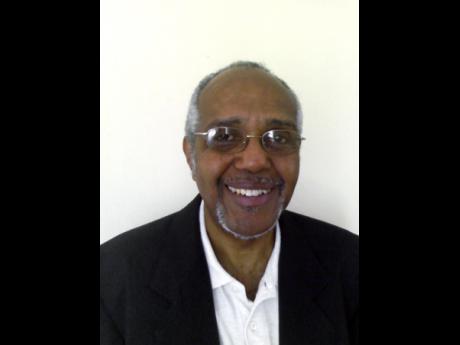Where did the time go?
Where did the time go?
'Where did the time go?'
That expression is usually rhetorical. But do you really know where your time is going?
If you are a normal human, you can identify with that question. Sometimes we check the time and are struck by how quickly it has passed.
I recommend that you conduct an audit of how you spend your time. That action is one of the most transformational activities that you can undertake.
We hold mental images of who we are and what is important to us. However, it is what we do that defines us. How we spend our time is what gives us our true identity.
This time audit will expose the real you. What is involved? The requirement is that you track how you use each 24-hour day for 30 days. The intention is not to place an additional burden on your time. Consequently, avoid using methods that take up a lot of time.
It is important that you record events and activities as close as possible to their occurrence. Do not sit at night recording what you recall about the day's activities. You will get an amazing bonus from recording who initiates each action. Note down who made the contact or who gave the assignment. Slip in the nature and duration of each activity.
Here is one value of identifying who is involved in your activities - especially those initiated by others.
Interruptions are identified as one of the major challenges to overcome by my Time & Task Management participants. In many instances, the principal culprit is a supervisor who considers herself to be superefficient.
Some supervisors are guilty of blurting. Here is an example of blurting in action:
Jane starts her day by going through her incoming mail and to-do list. As she goes through, she takes immediate action. Item 3 requires John to do something. Jane summons John. Item 5 involves John. Jane contacts John. And the process continues.
While Jane is being seemingly efficient, she is making it difficult for John to manage his time effectively.
Organisations suffer badly from poor time teamwork. We must function as teams and the focus should be on how the team uses its time and not just the individual.
The time audit is the perfect antidote to blurting.
John might not have the luxury of telling Jane that she is negatively impacting his productivity. However, he could refer to this article and its recommended time-audit exercise.
He can share from the audit the frequency, duration and content of his contact with Jane. He could translate that into dollars using his rate of pay times two.
If Jane is a worthy team leader, the information should make compelling reading. The parties could then agree to meet at specified times during the day, and also agree that issue that arise in between meetings would be dealt with at the next upcoming session. Jane's blurting would then be moderated.
Of course, Jane does not have the monopoly on interruptions. John's time audit will identify the interactions that he has on a regular basis. He can then determine if that is the most effective use of his time and make the necessary adjustments.
The time audit adds another dimension to self-discovery. It will highlight whether your professed commitments are supported by concrete action. It points to habits, good and bad, which have entered into your reality.
I strongly urge that you complete this 30-day, 24-hour audit of how you spend your time. Who, what, how often and how much are all laid out for your review and decision-making.
As an added incentive for men, John can also use the audit to highlight to his wife the absence of certain activities. Wives can also use the audit to point to the need for more quality time with their spouses.
BOMDAS followers, we are at Addition. Bomdas means 'Brackets Of Multiplication Division Addition Subtraction'.
Access the series here: http://jamaica-gleaner.com. Enter in search: 'Outlook Trevor E S Smith'
Register now for the SHRM-accredited 3-D Leader Certification course. November 6 & 7. Kingston/face-to-face.
The next cohort of the ICF/SHRM-accredited Certified Behavioural Coach Award will be January 2016.
E-mail: info@swpacademy.com
• Trevor E. S. Smith is a behaviour modification coach with the Success with People Academy, Extended DISC/FinxS.


